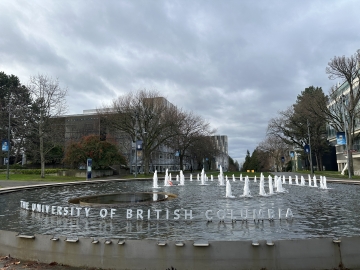On January 20th, the Center for Positive/Empirical Analysis of Political Economy held a special workshop on sustainable public purchasing, chaired by Professor Toshi H. Arimura (Waseda University), with guest Professor Nicole Darnall (Arizona State University).
In the course of two hours, participants were given an introduction of what public purchasing entails, the state of public purchasing globally, and the barriers that hinder its development. Professor Ngawang Dendup (Waseda University) and Mr. Naonari Yajima (Waseda University) also presented their latest research.
Professor Darnall discussed why public purchasing is such an important tool in the economy, and ho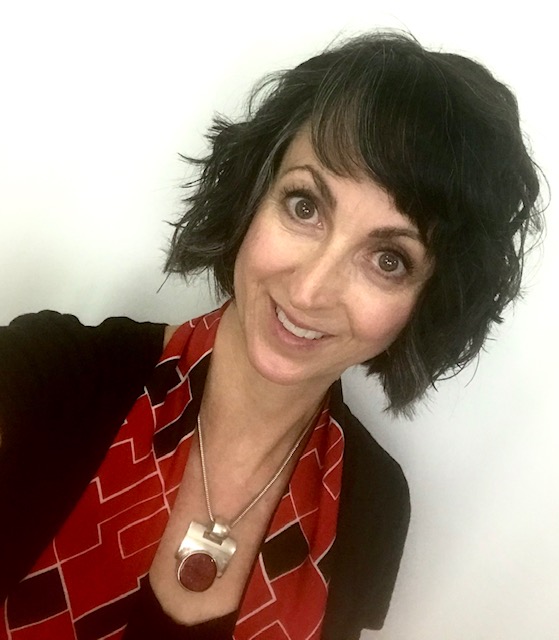 w it can help fight climate change and tackle societal issues. She also presented the “Sustainable Purchasing Initiative”, a project gathering researchers from all over the world, which aims at providing a comparative analysis of global public purchasing.
w it can help fight climate change and tackle societal issues. She also presented the “Sustainable Purchasing Initiative”, a project gathering researchers from all over the world, which aims at providing a comparative analysis of global public purchasing.

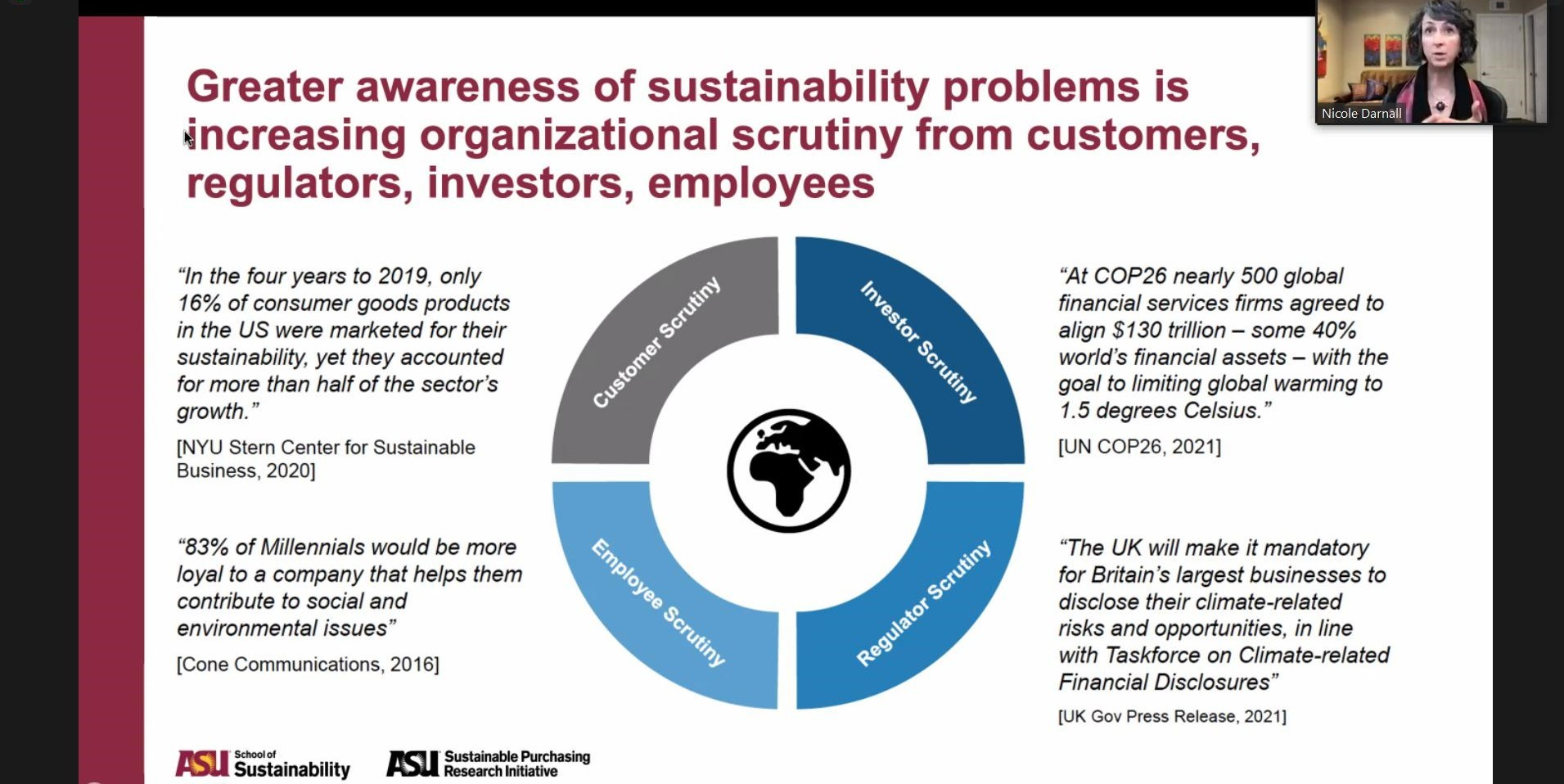
Figure 1: A slide showing the awareness of sustainability issues
Here is Professor Darnall’s comment regarding the reports from the participants.
Report from Professor Dendup
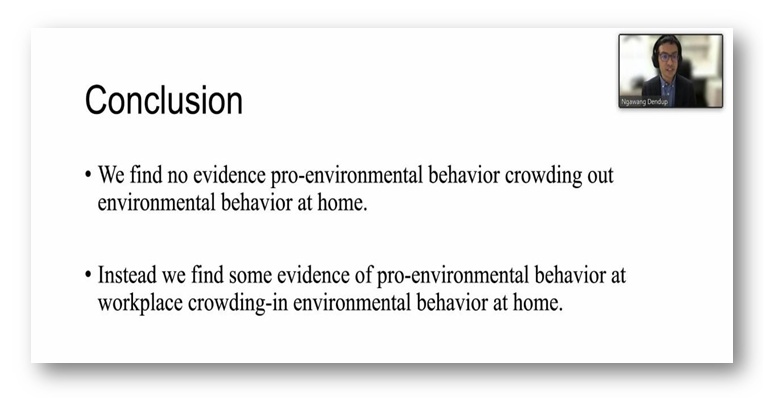
Figure 2: A slide showing the interaction between individual environmental behaviors at home and at work
Prof. Dendup’s research tackled the interaction between pro-environmental behaviors conducted at home and at the workplace. Using a survey conducted in Japan, he posited that an environmental management system (among which public purchasing) may encourage further pro-environmental behaviors among employees in their private time. Though his research is still in the early stages, it shows great promises and calls for further environmental actions inside firms.
Report from Mr. Yajima
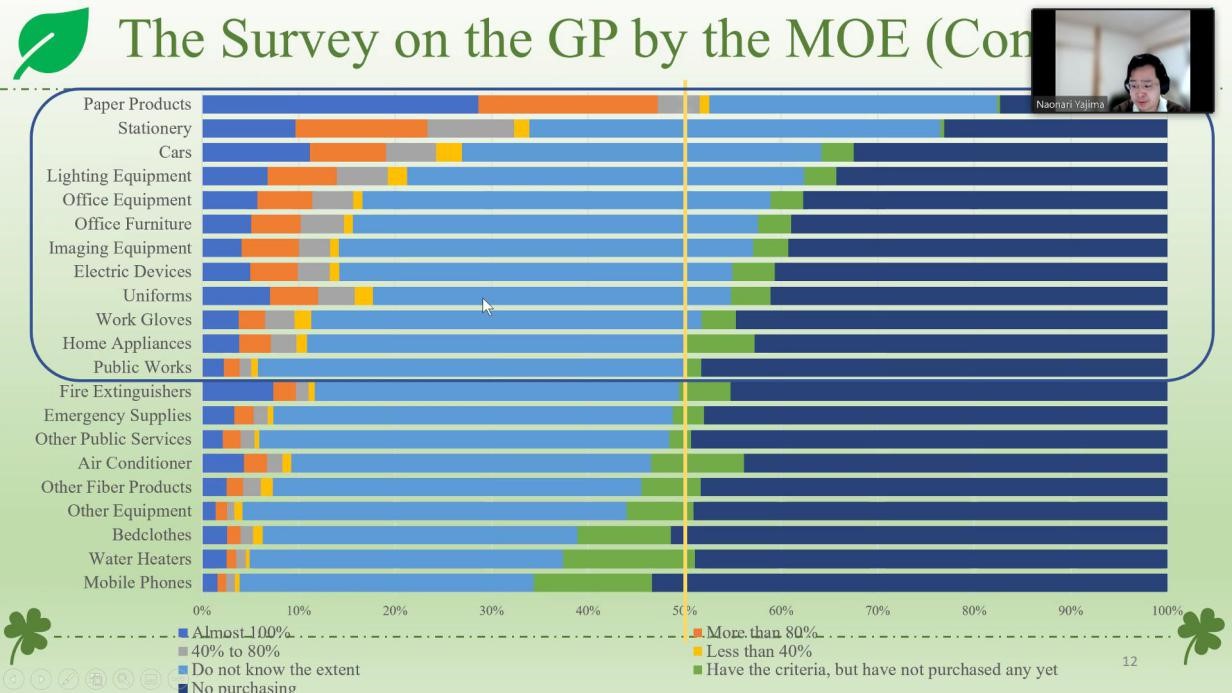
Figure 3: A slide showing the state of public purchasing in Japan
Mr. Yajima provided an overview of the state of public purchasing in Japanese municipalities, using a yearly survey conducted by the Ministry of Environment. His research also explored the impact of formal and informal green purchasing policies on various performance indicators, such as the reduction in energy consumption and waste. His results show that green purchasing policies can improve the performance of municipalities. However, the study also implies the need for formalization of green purchasing policies, as their effects was shown to be more consistent.
Although held online, the workshop led to lively discussions from an enthusiastic audience, and debate among experts in public purchasing.
Students’ voices
MORTHA, Aline
Ph.D. student at the Graduate School of Economics, Waseda University
This workshop shed light on one of the often forgotten aspects of sustainable development, public purchasing. Although I was familiar with the concept, I was certainly not aware of the size public procurement in the economy, and thus, I thought that its impact was rather limited. Prof. Darnall’s presentation was very interesting, as I got to learn more about the scale of public purchasing. Prof. Dendup and Mr. Yajima nicely complemented her introduction, as they both provided rigorous econometric analysis to show the relationship between public purchasing and environmental behaviors among individual and inside organizations. I truly enjoyed the workshop, and I would like to thank the organizers!
YANG, Xinyue
Ph.D. student at the Graduate School of Economics, Waseda University
This workshop is about global trends in Sustainable Public Purchasing (SPP). SPP is the process whereby governments include social and environmental criteria in purchasing goods and services. It aims to positively impact people, the planet, and profits over the entire life cycle of the good or service being procured. In Professor Nicole Darnall’s research, we learned that sustainability is rising to the top of the procurement agenda. The value chain impacts of SPP are much larger than the impacts of product use. This workshop introduced two other pieces of research, which are about the impact of EMS on individual environmental conservation behavior and Green Procurement by Municipalities in Japan. This workshop was a fantastic opportunity to have a deeper understanding of SPP. Thank you for this opportunity to study the research of great environmental economists.
The event was co-organized by the Center for Positive/Empirical Analysis of Political Economy and the Research Institute for Environmental Economics and Management (RIEEM).


